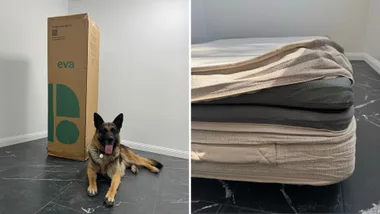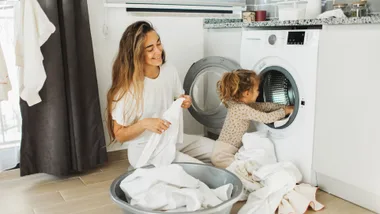Instead of chocolates or flowers for your Mum this Mother’s Day, make your gift a gift for breast cancer research…
Breast cancer is the most common form of cancer-related death in women in Australia. Around one in 10 women will be diagnosed with this disease. Although it can affect all adult women, it is very uncommon under the age of 30 and the risk increases with age. About one third of breast cancers occur in women under the age of 50, and about one quarter in women 70 years and over.
Today, thanks to recent developments in prevention, detection and treatment of breast cancer, and continuing clinical trials research, more women than ever before are surviving breast cancer long term.
What is breast cancer?
Breast cancer risk factors
Your age
As you grow older, your risk increases. Breast cancer is uncommon among women under the age of 40, but the risk increases after the age of 50 among post-menopausal women. Over 70 per cent of breast cancers are diagnosed in women over 50.
Family history
Most women who develop breast cancer have no family history of the disease. However, a woman’s risk increases if she has close relatives diagnosed – either on her mother’s or father’s side.
If you have had breast cancer before
A woman who has had breast cancer, compared with women who have never had the disease, is at an increased risk of developing it again – either in the same breast or the other breast. So long term follow up is important.
Genetics
Researchers have found that changes or mutations to two specific genes (BRCA1 AND BRCA2) increase a woman’s risk significantly. These changes can be detected by genetic screening and doctors can suggest treatments to delay or prevent breast cancer from developing. Recently, new genes associated with breast cancer have been discovered.
Oestrogen
The female hormone, oestrogen, also has a role. Girls who begin menstruating early, or women who have a late menopause may be at a greater risk. Women who have no children and those who have their first child after age 30 may also be at a higher risk. Long term Hormone Replacement Therapy (HRT) increases risk.
Lifestyle
If you eat a diet high in fats and low in fresh fruit and vegetables, if you are overweight, or if you drink too much alcohol, you are putting yourself at greater risk of developing breast cancer.
Being sedentary
Research shows that women who are physically active and maintain a healthy body weight have a lower risk of breast cancer. In fact, regular exercise may reduce a woman’s risk by 30 per cent or more.
Breast changes
It is important to be aware of the normal look and feel of your breasts and to report any unusual and persistent breast changes promptly.
The earlier breast cancer is detected, the best chance of cure.
If you experience any of these symptoms, particularly if they persist for several weeks, see your doctor as soon as possible:
Lumps or a thickening under the skin of the breast.
Discharge from the nipple.
Any change to the shape or texture of the nipple.
Any change to the texture of the skin of the breast such as dimpling or puckering.
Underarm tenderness or persistent, unusual pain.
Any change in the size or shape of the breast.
But remember, the majority of breast changes are not breast cancer.
Women over the age of 40 are eligible for a free two yearly mammogram with BreastScreen Australia. This is particularly important for women over 50.
This Mother’s Day why not make your gift a gift for breast cancer research, and you and your Mum will both be helping create a world without breast cancer – the best Mother’s Day gift of all.
The Breast Cancer Institute of Australia Mother’s Day Appeal is an inspiring way to support research that is saving women’s lives. Make your donation today and you will receive a beautiful Mother’s Day card to give to your Mum. Simply visit www.bcia.org.au to donate online or call 1800 423 444.












